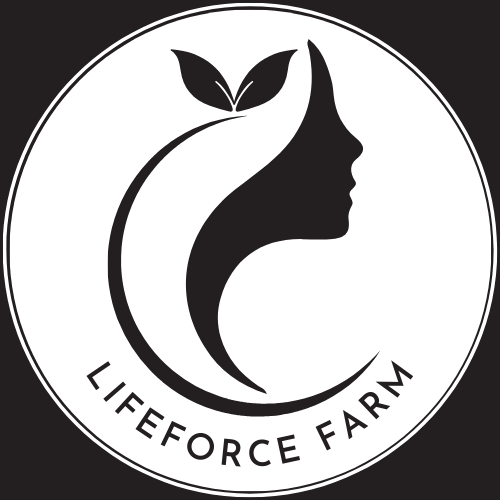What is the Difference Between hiring a Permaculture Consultant and a Farming Consultant?
Part of my work is as a Farm Consultant ... indeed I am often bought in after my client has hired a Permaculture Design Consultant, as they didn't really understand the difference between hiring a Permaculture Design Consultant and a Farm Consultant - what they both offer and the context by which the decision is made. So, this article will help you understand which consultant will best suit your needs based on the skills required.
Firstly, we need to understand what Permaculture is. Permaculture is a design tool, a selection of indigenous and sustainable practises synthesized and gathered from many sources. It provides the framework to set up self-sufficient homesteading situations covering building design principles, gardening principles, earthworks, water resource management, community integration, landscape design, human communities, and more...
Permaculture Consultants can help you with an overall design for your land based upon your needs, applicable for all home-steading, suburban, and urban situations, and other land use projects, or human community projects.
However Permaculture Consultants are not taught farming skills...Indeed this is why I was hired by Byron Community College to teach my course "The Business of Farming" to their Cert 4 Permaculture Students. The head lecturer recognised Permaculture Students, thought they would have the skills to move into farming and food production on graduation, and/or the business skills to execute their plans or their clients - however, this is beyond the scope of what is taught in standard Permaculture Certificates.
So, if your project requires outcome based, commercial food or flower production, then you need to seek the skills of an experienced (and successful), Farm Consultant who has the ability to:
design the farm to run profitably,
advise on infrastructure,
advise on crops / animals based on location,
business planning,
risk management,
logistics,
wholesale markets,
supply chains,
crop planning,
farm fertility management,
pest and weed management,
employee management,
food safety,
organic certification requirements,
quality control,
post harvest handling,
and implementation of the plan to fruition.
In short, it is a verrrrrry different skill set.
Indeed many farms are based upon Permaculture Principles and incorporate permaculture design concepts into the overall project. As an organic farmher all my projects are based upon permaculture principles, however the actual skills and how to's are all provided by my Farming skills and experience.
Farming is a skilled trade, like many others, and as such requires a period of apprenticeship or mentorship, (over 2-5 years from an experienced and competent Farmer), to obtain proficiency in the skills - though really it is a lifelong learning!
Many Permaculture Design Courses offered to students only include limited aspects of organic gardening, without practical experience in doing or managing food production. This is why you will see so many Permaculture Gardens cycle from famine to feast. Whereas the skill of the farmer is to have continuous weekly profitable production at scale, maintaining high quality throughout all the seasons of the year.
From My Heart To Yours
Sheia
